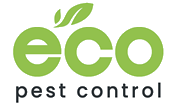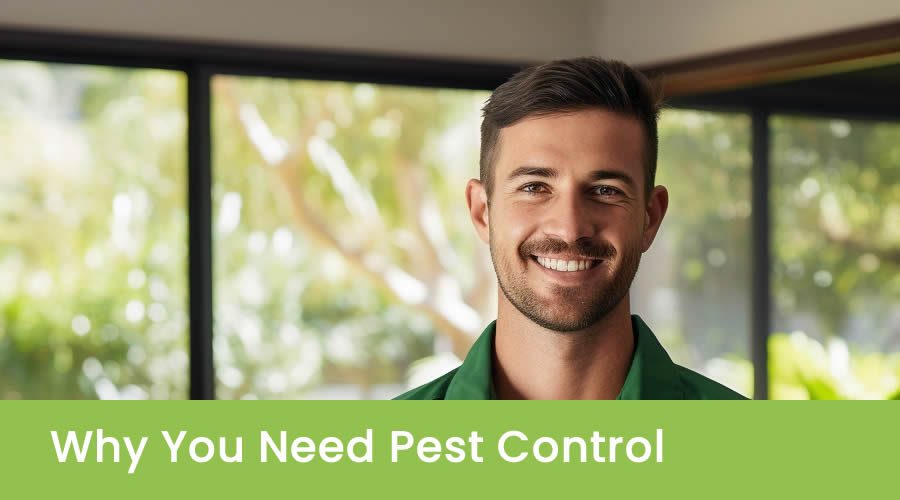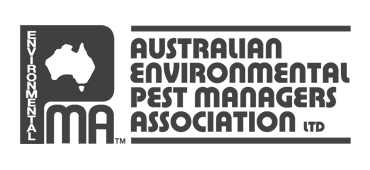Why Is Pest Control Important
7 Reasons You Need Professional Pest Control Services In Your Home
Pests are more than a small issue. They damage homes, spread germs, spoil food, and upset daily life. They also harm farms and nature. Pest technicians provide comprehensive services that reduce the threat to health, food, and natural areas while following environmental standards.
Ignoring pests allows them to multiply. Small problems quickly turn into larger infestations. Once they spread, they become harder and more costly to manage. Acting early helps effectively protect your family, home, and resources through routine maintenance and preventive action.
Importance Of Pest Control
1. Prevent property damage
Termites eat wood in floors, walls, and roofs. Mice chew wires and insulation. Ants and beetles ruin timber and furniture. Birds block gutters and cause leaks.
These problems weaken buildings and make them unsafe. Repairs are expensive and take time. Regular checks help in identifying damage early. Treatments safeguard properties before destruction becomes serious through timely inspection.
2. Protect belongings
Many pests ruin household items. Silverfish eat paper, clothing, and wallpaper. Carpet beetles attack fabric and rugs. Moths put stored clothes in jeopardy. Gnawers destroy boxes, cables, and stored goods.
Replacing items costs a lot of cash. Some things, like photos or keepsakes, cannot be replaced at all. Pest control helps protect homes, facilities, and businesses to fend off further losses and keep living conditions healthy and clean.
3. Reduce health problems
Rodents carry salmonella and hantavirus. Cockroaches trigger asthma and allergies. Mosquitoes spread malaria, dengue, and Zika. Ticks carry Lyme disease. Flies spread bacteria onto produce and surfaces. Bed bugs bite and disturb sleep.
All kinds of pests carry numerous bacteria and viruses. Controlling them lowers health risks. Maintaining family health and well-being are the primary benefits of pest control.
For commercial or residential spaces, technicians focus on giving safe and pesticide-regulated treatment methods for a healthier living space.
4. Protect food supplies
Pests contaminate food in storage and kitchens. Rats leave droppings. Cockroaches move across containers. Ants reach inside packaging. Flies land on meals and spread germs.
Resources that pests touch is unsafe. It must be thrown away. This leads to waste and extra cost.
Farmers face larger problems. Insects and other animals destroy crops and stored grain. Pest management on farms helps protect agriculture, the environment and public safety. It ensures steady harvests and helps markets keep food safe and protected from pests. Proper control methods eliminate infestation and reduce serious danger to Australia’s food systems.
5. Save money in the long run
Getting infested is costly. Termites cause structural damage, and other animals create fire hazards. Contaminated goods must be replaced. Medical care from pest-related sickness adds to the cost.
Professional services are less expensive than repairs. Routine inspections prevent big problems. Prevention saves funds over time by delivering lasting solutions and reducing the chance of recurrence.
6. Avoid getting stress
Living with unwanted guests is stressful. Scratching in walls, droppings, and constant bites create fear. Worry about germs adds pressure.
A pest-free home is calm and safe. Expert care helps homeowners maintain peace of mind through friendly, humane, and eco-conscious treatments. Pest professionals focus on getting rid of invasions properly and identify risks before they escalate.
7. Preserves biodiversity
Effective pest control shields ecosystems from invasive threats. Species such as rodents, beetles, and exotic insects disrupt habitats and reduce native wildlife. Some destroy forests, while others wipe out plants that local animals need to survive.
When diversity declines, ecosystems weaken. This affects plants, water systems, and food chains. Programs that manage bugs reduce potential peril and keep environments stable. They are essential for protecting public health, ensuring food security, and preserving biodiversity by using measures approved within the industry.
Conclusion
Pests destroy property, ruin belongings, spread illness, spoil meals, raise costs, and create stress.
Expert pest control provides complete protection. They keep homes and structures safe, uphold welfare, save supplies, and secure the ecological balance. Controlling pests is necessary for safeness and stability.
Communities also benefit from control programs. They preserve crops, stop disease outbreaks, and prevent harm to ecosystems. Without proper management, the pest problem spread beyond homes and affect entire regions.



